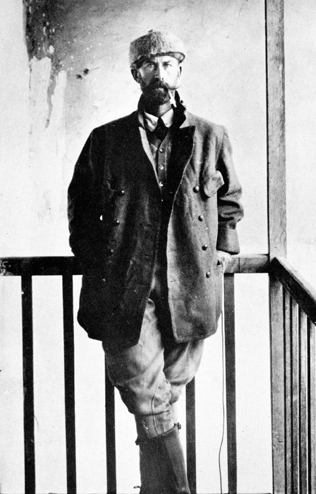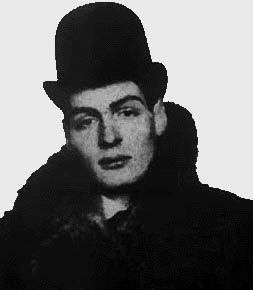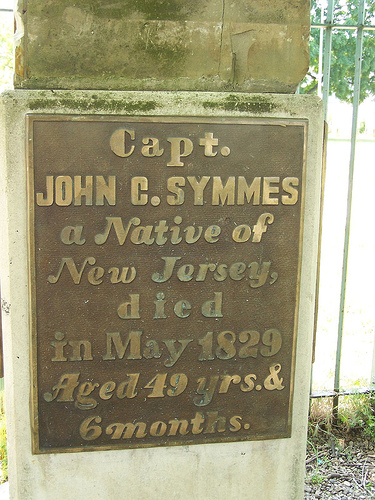From within his concrete pillbox, he spotted a stonechat. Never having seen a stonechat before, he did not recognise it for what it was. His mind reeled, as minds will reel when faced with the unknown. He flapped his arms, and then he calmed himself and consulted his field guide. It was dark in the pillbox, so he took from his satchel his torch and depressed the knob to switch its light on, but the torch was dead. No light shone.
Are those not terrible words? Consider them for a moment. Chew them, as it were, within your mind. No light shone. That is what the world must have been like before the formation of the sun. But the sun did form, and light did shine, but the roof and walls of the concrete pillbox blocked it out and there was only a thin slit through which he was able to spot the thing he knew not, which was a stonechat. The stonechat was outside the pillbox, on the heath, and they were lit up by the sun, heath and stonechat, both of them, but not him, not the interior of the pillbox with its small cement bench and shelf. There was nothing on the shelf.
He rummaged in his satchel, by touch, sure he had some spare batteries for the torch. He did not know that they had fallen out, upon the heath, a mile back, though a rent in the lining at the base of the satchel, a rent he had not noticed, for when he set out it was barely noticeable, but when heading for the heath he passed through a patch of thorn bushes, and the satchel was snagged on a mighty thorn, and the rent was rent further, enlarged, and shortly thereafter the batteries fell to the ground upon the heath, but he did not register the tiny diminution in the weight of his satchel occasioned by the loss of these important objects. He had other claims on his attention at the time, his plodding, for one, the avoidance of puddles in his plodding, for it had rained relentlessly for hour upon hour before he set out for the heath through the thorn bushes.
It was when the rain ceased that he set out. He hoisted his satchel over his shoulder, the satchel with the fateful rent already present in embryonic form. He set great store by a well-packed satchel. “I set great store by a well-packed satchel” was something he had said more than once, much more than once, to members of his family and to friends and even to himself, aloud, as was his habit. On this day he had packed, during the last of the rainfall, a pair of binoculars and a propelling pencil and a notepad and a torch and spare batteries and a field guide and sausage sandwiches wrapped in greaseproof paper and a flask of hot cocoa. Due to the disposition of the contents within the well-packed satchel only the spare batteries fell through the thorn-enlarged rent, on to the heath, a mile before he reached the concrete pillbox, the interior of which was dark, for the sun could not penetrate its roof and walls. Light cannot penetrate concrete. That is a lesson humankind has learned.
Because the spare batteries lay, ruined, in a puddle on the heath, his rummaging by touch in the dark proved fruitless. We knew it would be so, for we have been told about the rent. We are better informed than him. It is even possible that we would recognise a stonechat when we saw one, were we sat in a concrete pillbox on the heath after the rain, peering out, peering out into the light, through binoculars. That is a moot point, and can remain so without consequences of any kind. It hardly matters, in the run of things. But it does matter to him, because had he recognised the stonechat for what it was, a stonechat, he would not have sought recourse to his field guide, he would not have tried in vain to switch on his torch, he would not have rummaged in the satchel for the spare batteries, and he would not have discovered the rent in the lining. At least, not then. He would have discovered it sooner or later, but in different circumstances, back at home, for example, where he would have needle and thread and thus the means to mend the rent. “Damn damn damn” he said to himself, aloud, and the words were followed by the silent thought that he ought to have packed needle and thread in his satchel, followed by a further silent thought that, depending on whereabouts within the satchel he had packed the needle and thread they too might have fallen out upon the heath, into a puddle. There were all sorts of possibilities, the more he thought about them, and he did, for a while, think of them, in a rush, as sometimes thoughts will come in a rush, tumbling one after another through our heads, unstoppable, often irrational, especially in the dark, where there is little or no light to distract us, by making visible things to turn our attention from the innards of our own brains.
But he was mindful of the dangers of the darkness, if “dangers” is not too strong a word, and so he hefted his satchel and emerged from the concrete pillbox into the light, on to the heath. His sudden bustling alarmed the stonechat, and it flew away. He watched it, silhouetted against the sky, growing tinier as it grew more distant, until it was a mere speck, until it vanished completely. And it occurred to him to sketch it, the memory of the sight of it, while it was fresh in his mind. He placed the satchel on the heath and took from it his propelling pencil and notepad and he shut his eyes to see the stonechat in his mind, as he had seen it minutes before through the slit in the wall of the pillbox, and he drew what he remembered, as best he could. But he was at best a cackhanded sketcher.
Home again, he showed his sketch to his dearest, who knew all there is to know about all the birds of the air.
“What was it I saw?” he said,
His dearest had no clue, for his sketch did not resemble a stonechat in the slightest. We might ask, then, what, if anything, he had achieved, on that day, after the rain, striding out through gorse and thorn bushes to the heath, and the concrete pillbox? There are several answers, and we shall leave them hanging in the air. To ask them is enough.







